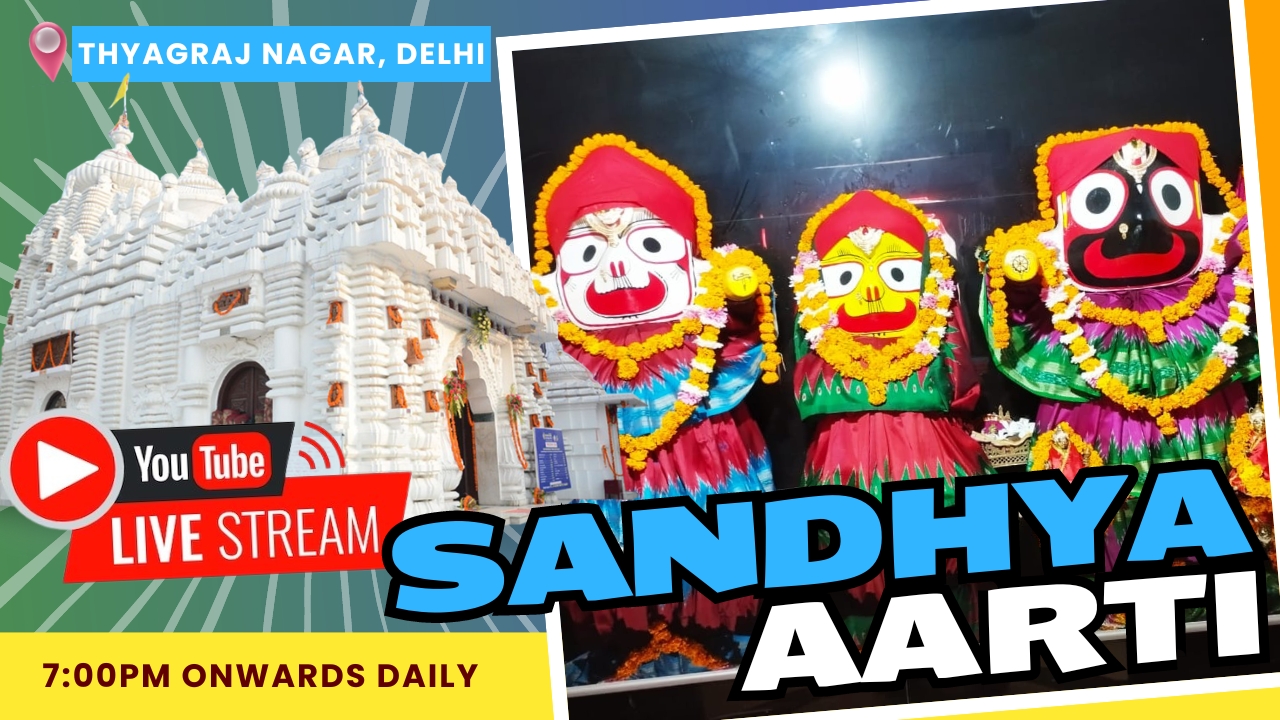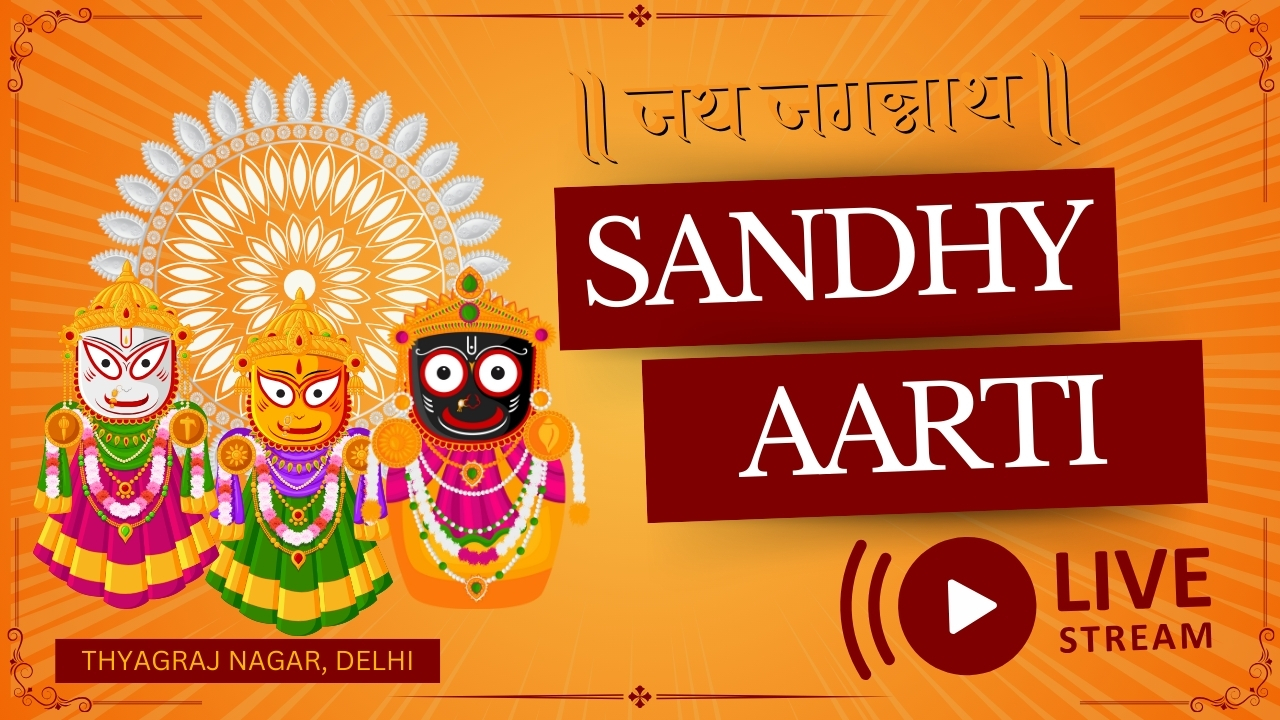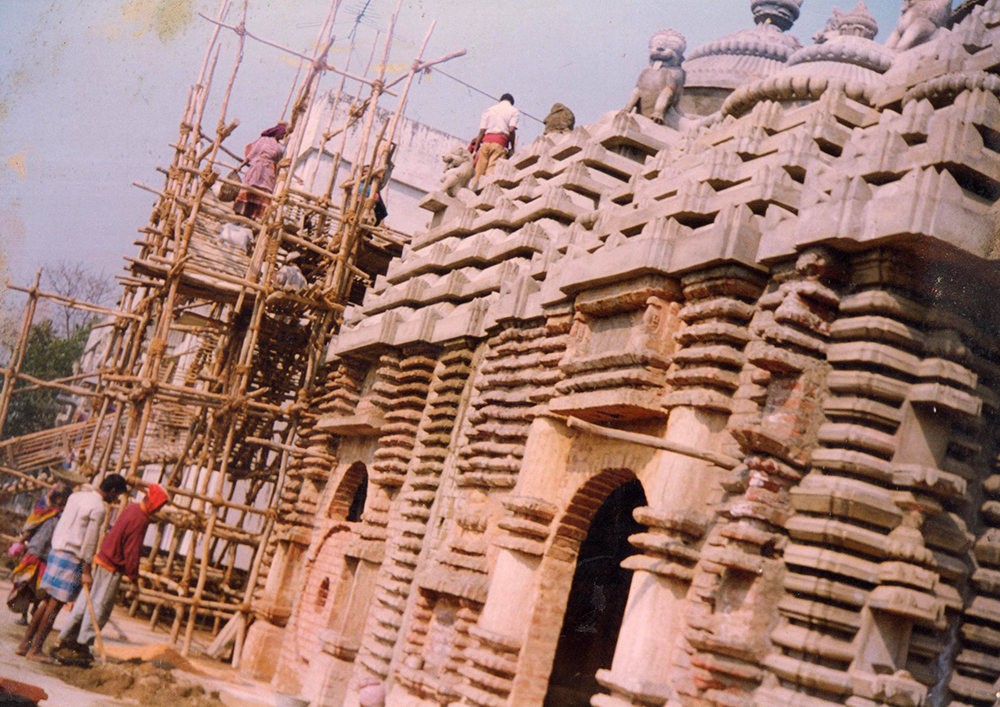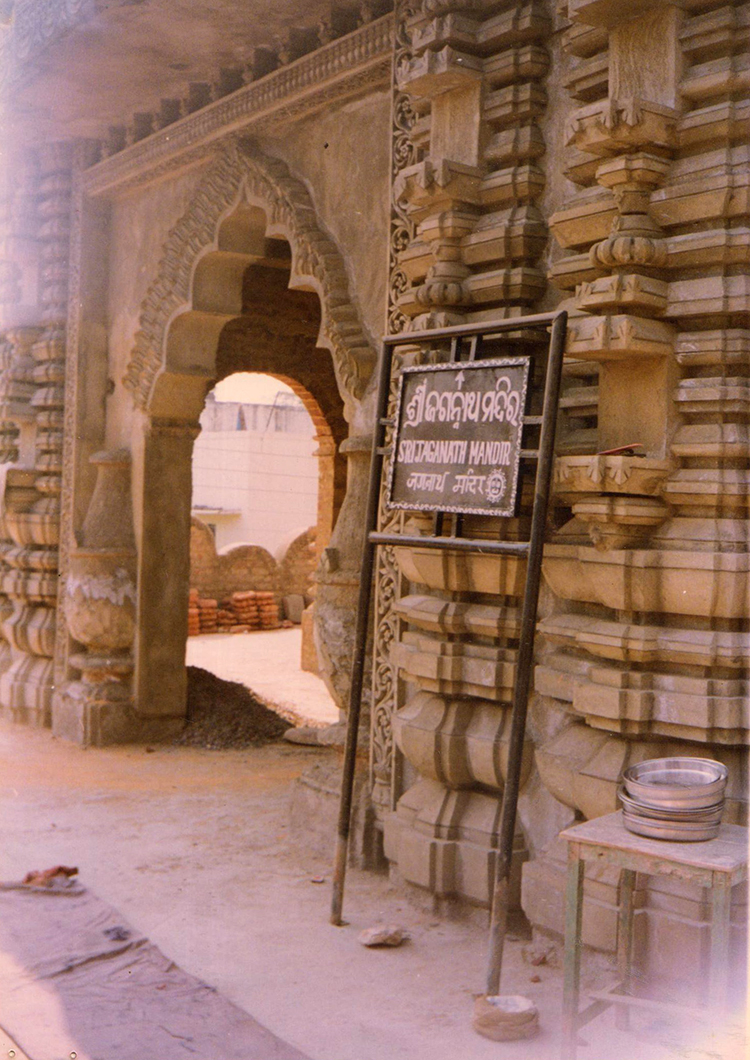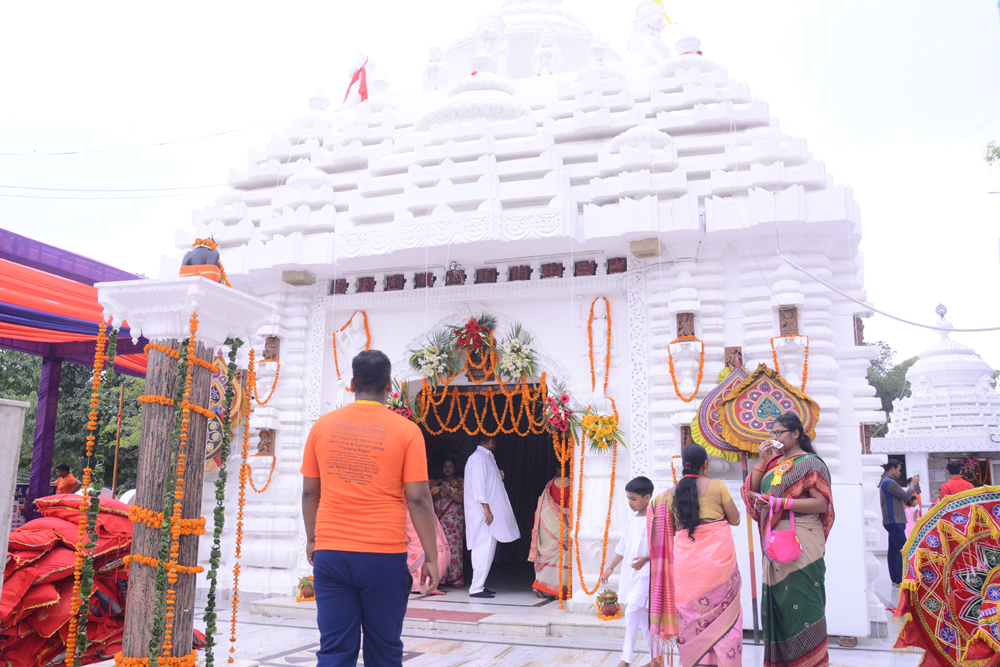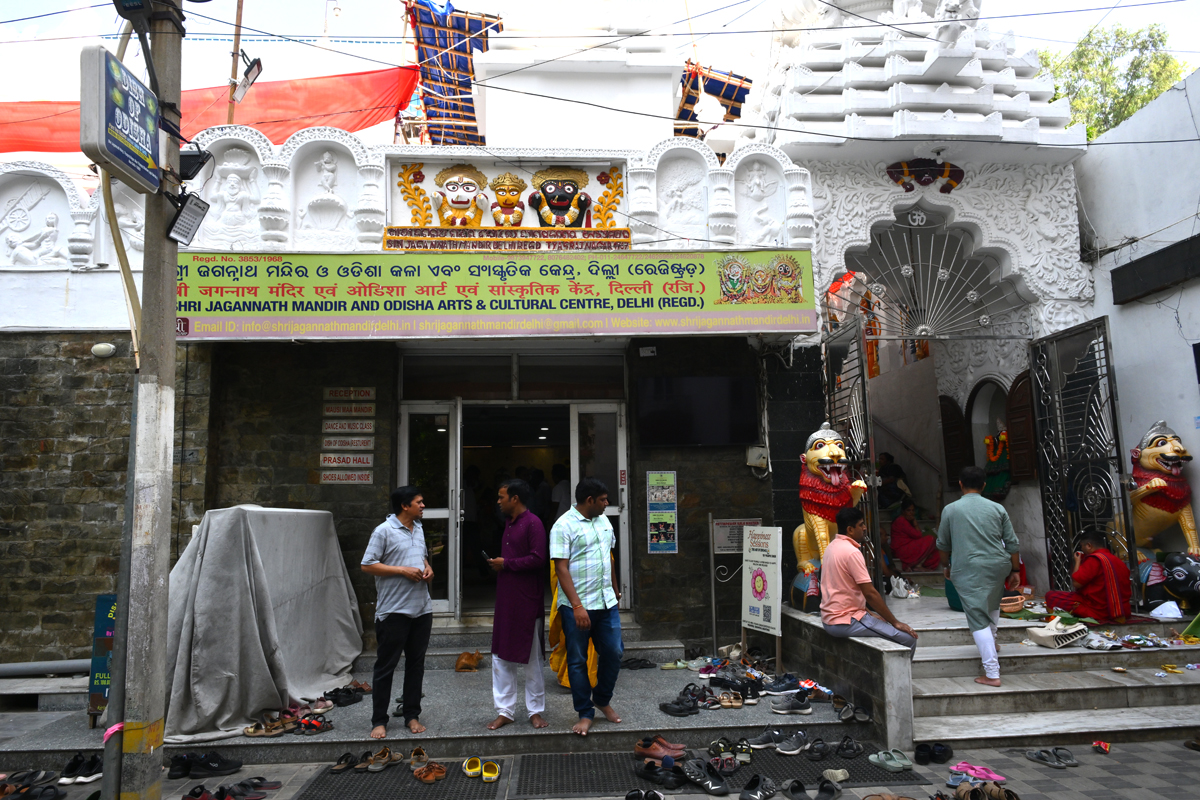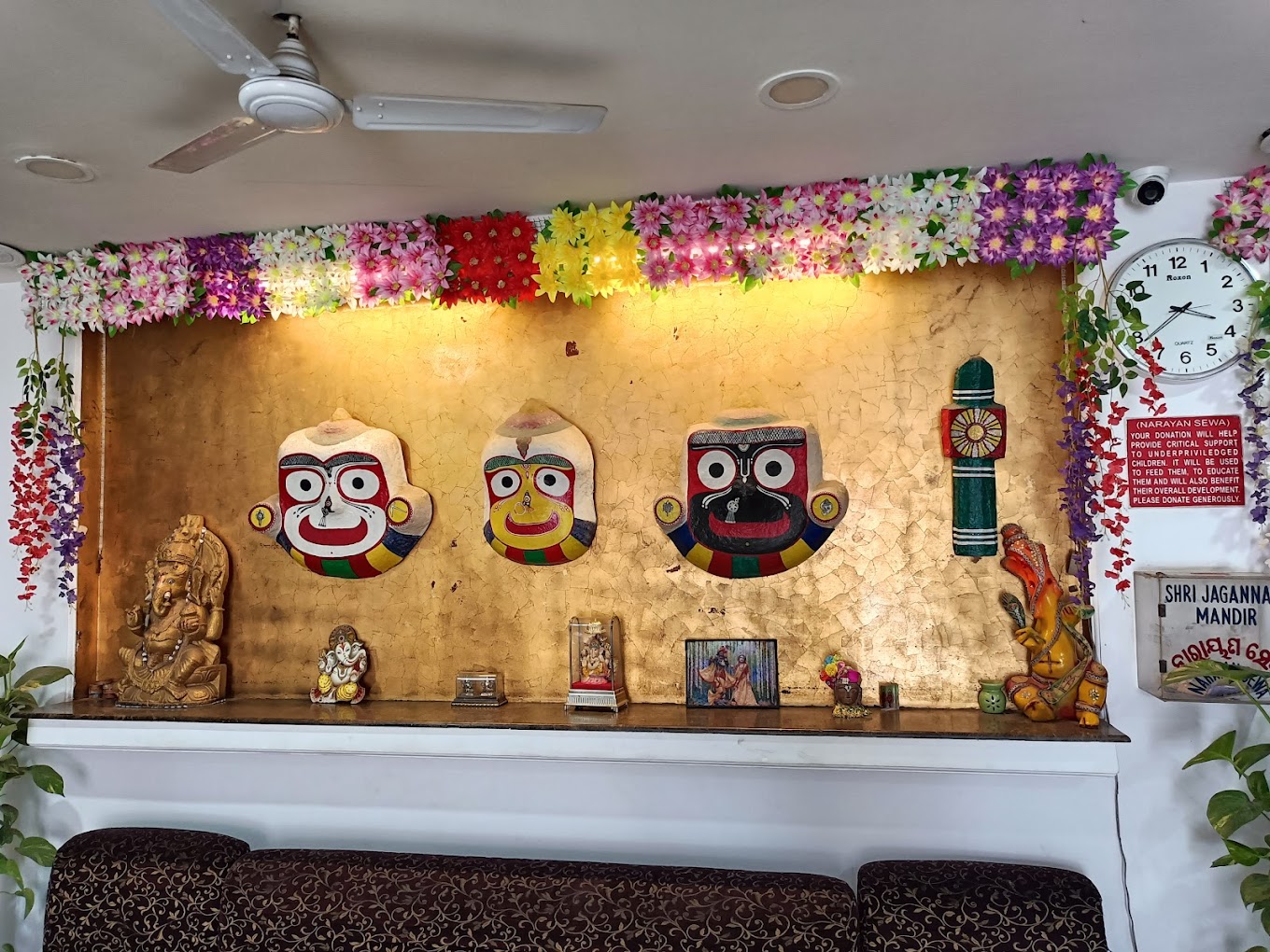Starts in
February 26, 2025 12:00 am
Mahashivaratri (Jagara) Celebration at Shri Jagannath Mandir, Thyagraj Nagar, Delhi
Mahashivaratri, also known as Jagara, is one of the most significant festivals dedicated to Lord Shiva, the destroyer and transformer among the Hindu Trinity. This auspicious night is celebrated with great devotion and fervor at Shri Jagannath Mandir in Thyagraj Nagar, Delhi, drawing devotees from all over the city to participate in the sacred rituals and ceremonies.
Significance of Mahashivaratri:
Mahashivaratri, which translates to “The Great Night of Shiva,” falls on the 14th night of the dark fortnight in the month of Phalguna (February-March). It is believed to be the night when Lord Shiva performed the Tandava, his cosmic dance of creation, preservation, and destruction. Devotees also believe that on this night, Lord Shiva married Goddess Parvati, making it a highly auspicious and spiritually potent occasion.
Preparations and Decorations:
The preparations for Mahashivaratri at Shri Jagannath Mandir begin days in advance. The temple is adorned with flowers, garlands, and decorative lights, creating a divine and festive ambiance. Elaborate rangoli designs are made at the entrance and within the temple premises, welcoming devotees to partake in the celebrations.
Rituals and Ceremonies:
The celebrations commence with the traditional morning rituals, including the Mangala Aarti (morning prayer) and abhisheka (ritualistic bathing) of Lord Shiva’s idol with sacred substances such as milk, honey, ghee, yogurt, and water. Devotees offer bilva leaves, fruits, and flowers to the deity, chanting “Om Namah Shivaya” with deep devotion.
Throughout the day, the temple conducts continuous bhajans (devotional songs) and kirtans (devotional chanting) dedicated to Lord Shiva. These sessions are accompanied by the rhythmic sounds of drums and cymbals, creating a spiritually charged atmosphere that resonates with the divine energy of Shiva.
Night Vigil (Jagara):
One of the unique aspects of Mahashivaratri is the night vigil, known as Jagara. Devotees stay awake all night, engaging in prayers, meditation, and chanting to honor Lord Shiva. The night is divided into four quarters, each marked by the performance of a special puja (worship) and abhisheka, symbolizing the timelessness and eternal presence of Shiva.
During the night, the temple organizes spiritual discourses and storytelling sessions, where priests and scholars narrate tales from the Shiva Purana and other scriptures, highlighting the greatness and virtues of Lord Shiva. These stories inspire and elevate the spiritual consciousness of the devotees.
Conclusion:
The celebration of Mahashivaratri at Shri Jagannath Mandir in Thyagraj Nagar, Delhi, is a profound and spiritually enriching experience. It is a night of intense devotion, self-reflection, and communal harmony, where devotees come together to honor the supreme power of Lord Shiva. Through the rituals, prayers, and continuous chanting, devotees seek to transcend their worldly attachments and attain spiritual awakening, drawing closer to the divine essence of Shiva.


